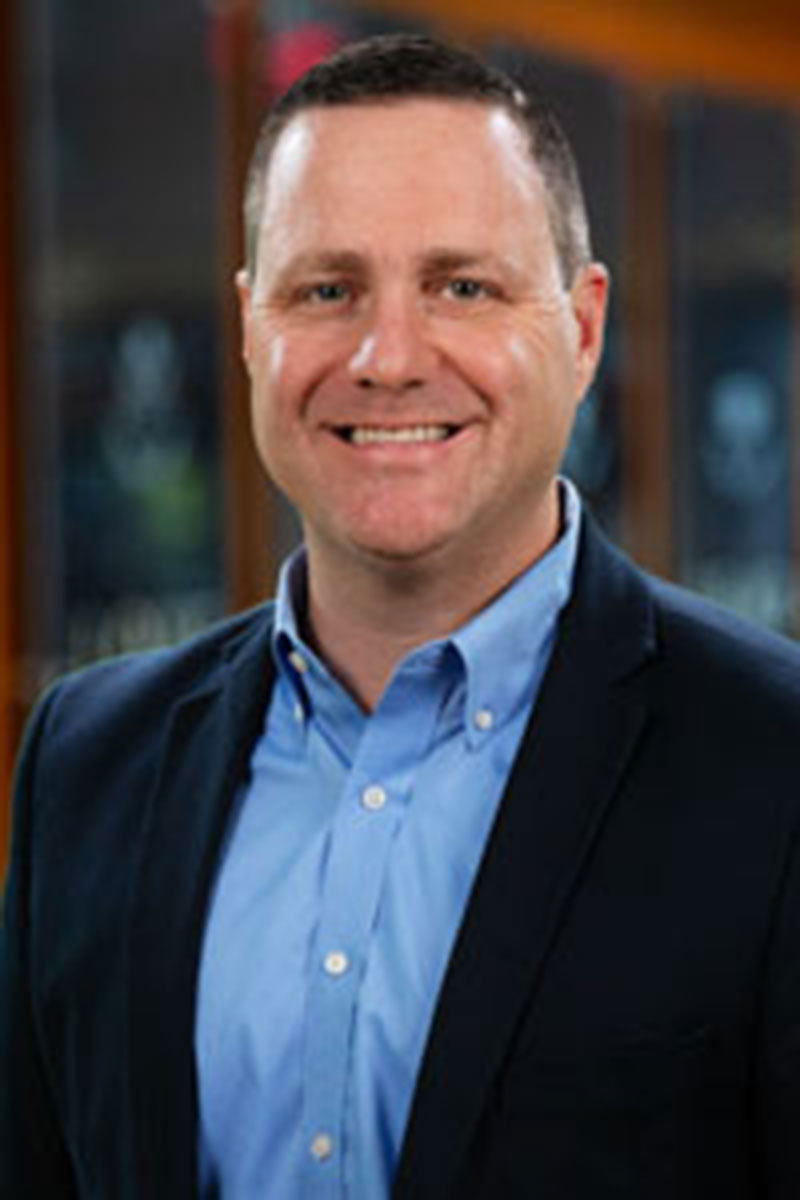Church buildings still dot the American landscape today. For some time, there has been a growing sense of unease in the Christian community that many of the established churches, which have long been the backbone of American Christianity, may be faltering. Evangelicals have dedicated themselves to good, Gospel-centered tasks, including international missions, theological training, cultural engagement, and church planting, among others. However, the time has come to shift focus back to the most essential and urgent need: the health and flourishing of the local church.
In 2019, a tipping point was reached among Protestant churches, with 3,000 new churches being started but 4,500 closing. For a long time, the solution to counteract the loss of churches was to plant new ones. However, in 2019, it became clear that we were struggling to plant churches at a faster rate than the rate that established churches were closing. The unfortunate adage that discourages many from attempting church revitalization was “it is easier to birth a baby than to raise the dead.” Since Jesus was raised from the dead, and Christians live in the power of resurrection, there is indeed hope for new vitality to sweep over the local church in America. A dying, struggling church is not the kind of witness to Christ that we should desire. To address the need to support the established church, four primary shifts are currently underway.
Training Pastors in Church Revitalization
Seminaries and divinity schools are training pastors with the skills needed for church revitalization. Pastors who lead church revitalization genuinely care about their congregation. Their main focus is to love the people and help the church grow in healthy, steady ways. They gently but firmly guide the flock. Pastors are also not solely focused on church growth as the only sign of success. They find joy in faithful pastoral work, simple acts of care and compassion, and preaching, all while focusing on the overall health of the church and the well-being of the staff.
Seizing Upon New Opportunities
Church consultants and congregations are reassessing the potential of this moment. With many churches in decline, once difficult conversations are now taking place. Churches are receptive to help from outside, with some requesting consultations, partnering with different churches, and even donating property to support new church plants. New approaches are emerging with an open hand to foster greater collaboration.
Developing New Approaches to Assessment and Planning
Plans for church revitalization are being developed with a unique humility, assessing each church’s situation and charting a customized path toward vitality for each church. Gone are the days when a few simple programs could be inputted for the church to grow numerically. Pastors and congregants cannot rely on prepackaged ideas or quick fixes to turn their church around. Therefore, churches are being assessed based on their unique histories, strengths, community opportunities, and available resources in a much more personalized manner. Plans are being developed that align with a tailored analysis of each church. This approach to understanding the distinct situations and pathways to vitality in various church contexts is breathing its fresh air into congregations, demonstrating the diverse beauty of the bride of Christ.
Renewed Dependency Upon God
With no easy answers, and the older, typically more reliable church growth models now faltering, a new reliance on God, the transforming power of the Gospel, and the empowering Holy Spirit are filling congregations. The book of Acts becomes a more straightforward guide as we see the early church not propelled by cultural winds but rather by confronting and transforming culture. The faithful, vibrant, Spirit-filled early church proclaimed the Gospel boldly and lived winsomely, and “Every day the Lord added to their number those who were being saved” (Acts 2:47). It is my prayer that this reality will become normal again.
 Dr. Rusty Small is a Professor at the John W. Rawlings School of Divinity, a Church Revitalization Strategist for the Southern Baptist Convention of Virginia, and Lead Pastor at Liberty Baptist Church in Appomattox, Va., where he led a revitalization effort more than a decade ago. He authored “Church Revitalization: A Pastoral Guide to Church Renewal” (Grand Rapids: Kregel, 2023), in which he outlines the theory and practice of church revitalization.
Dr. Rusty Small is a Professor at the John W. Rawlings School of Divinity, a Church Revitalization Strategist for the Southern Baptist Convention of Virginia, and Lead Pastor at Liberty Baptist Church in Appomattox, Va., where he led a revitalization effort more than a decade ago. He authored “Church Revitalization: A Pastoral Guide to Church Renewal” (Grand Rapids: Kregel, 2023), in which he outlines the theory and practice of church revitalization.




